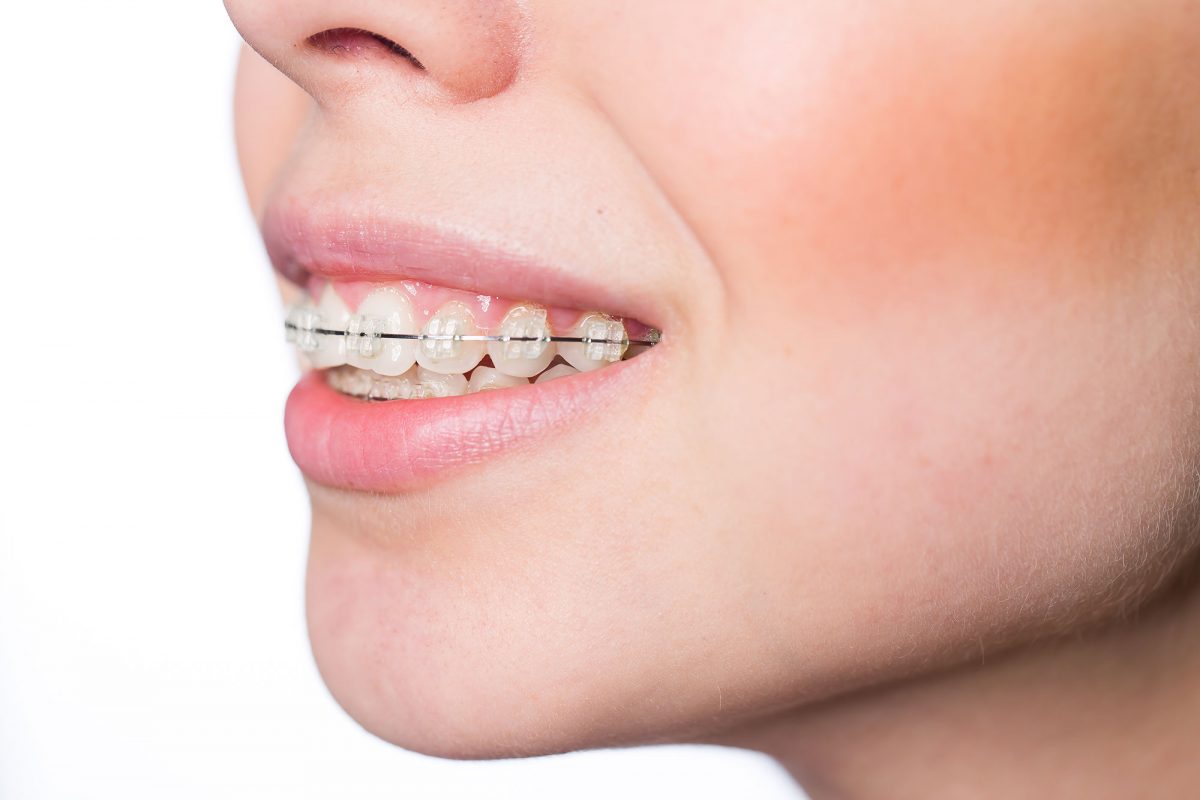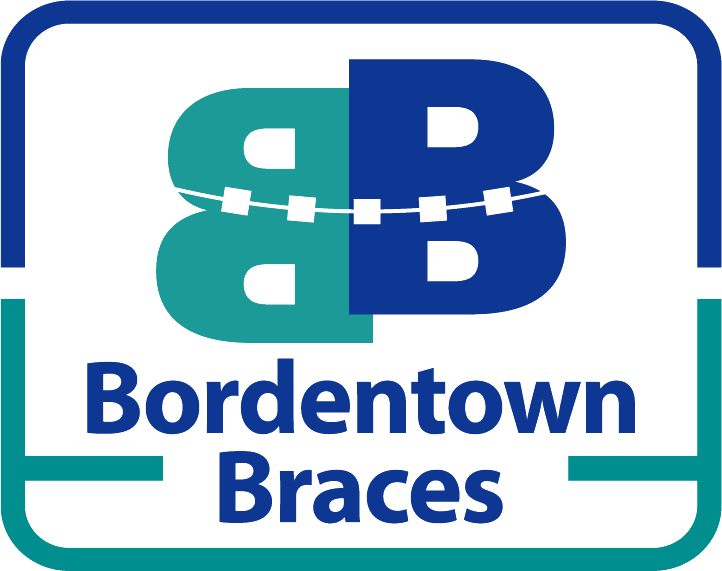
What Is an Overbite?
An overbite, sometimes referred to as a deep bite, is a condition where the upper front teeth overlap the lower front teeth excessively in a closed mouth. Abnormal alignment of the teeth is a very common condition, also called malocclusion. Oral health as well as your smile can be affected if you have this issue. There are ways to treat this problem orthodontically, including braces and aligners. Continue reading for more information and ways your oral health can be improved by correcting this problem.
Two Types of Overbites
There are two types or categories of overbites. More information on each is listed below.
Skeletal Overbite
The skeletal overbite quite literally refers to the skeleton, specifically the jaw bone. With a skeletal overbite, the lower jaw develops much smaller than the upper jaw. The results of this are teeth in the upper row being pushed forward so they protrude over the lower ones in a closed mouth.
Dental Overbite
The second type of overbite is what is referred to as a dental overbite. This category of overbite is when the jaws may actually align in the person, however, teeth that are poorly aligned have caused the lower jaw to be pushed back. This causes the overbite to occur. Dental overbites are generally caused by some sort of outside interference other than genetics.
How Does Someone Get An Overbite?
There are many ways a person can end up with this condition.
Small Lower Jaw
Having a lower jaw that is smaller than the upper jaw is the most common cause of an overbite. This can be hereditary or genetic. Besides skeletal growth issues, there are many other factors that can contribute to developing an overbite.
Nail biting and excessive chewing
The act of biting one’s nails or excessively chewing on an object can also contribute to development of an overbite. The action of nail biting not only carries germs and bacteria from the nailbed to your mouth and gums, it also can damage your teeth and gums. In the instance of overbite cases, the teeth shift from continuous and repetitive biting motions against an object or your nails.
Losing Teeth
Tooth loss that is not attended to in a timely manner can result in development of an overbite. The loss of back teeth especially runs a higher risk of overbite development than front teeth. This can happen in children or adults. Not repairing the smile quickly after such an accident results in one or more teeth being lost could cause the remaining teeth to shift.
Common Causes In Children
In young children, there are a couple of things commonly associated with causing overbites.
Pacifiers and Thumb Sucking
The extended use of a pacifier in babies and toddlers causes the teeth to shift forward as they are developing and emerging. Sucking the thumb has similar consequences. The constant pressure being put on the upper front teeth from the sucking motion can cause them to shift forward in the jaw, producing the overbite. Getting children to break these habits at an early age will help promote good oral health and hopefully reduce the risk of developing any type of overbite.
Overusing a Bottle
Overuse of a bottle with small children can definitely contribute to development of an overbite for a child. Similar to extended pacifier use and thumb sucking, the sucking motion associated with using a bottle pushes the tongue up against the upper front teeth which can cause misalignment and shifting of the teeth in the jaw.
What Are Complications That Can Be Caused By An Overbite?
In individuals with a case of overbite, not only could the lower front teeth crowd each other and grow crooked, it is possible that the lower front teeth will grow until they reach the back side of the upper front teeth. Another possibility is growth of the lower front teeth continuing until they reach the roof of the person’s mouth.
If a person has an overbite and suffers some sort of hit or trauma to the mouth, there is increased risk of oral injury such as tooth breakage. Uncorrected overbites can also lead to problems with speech development in younger children.
Premature enamel wear on the lower front teeth is a common effect as well.
And lastly, while we all want to put our smile front and center, not feeling well about your smile can have a negative effect on your daily life.
How Do You Treat An Overbite?
There are several orthodontic treatments available to correct an overbite. They include braces, aligners, and surgical options in extreme cases.
Braces
The use of dental braces are typically to fix misaligned and crooked teeth, but they can also be used to correct an overbite. Braces are affixed to the teeth. Next, the use of elastic bands placed in strategic positions on the braces provides constant pressure that pulls the jaw into the proper position. Once this process is completed, the person will typically wear a retainer to hold the corrected positioning of the teeth and jaw.
Aligners
Aligners such as Invisalign are an option to correct an overbite in some patients. Treatment with aligners involves the use of sets of clear trays that are applied to the teeth and slowly move the teeth to align into that mold. While this option is more expensive than braces, it can offer faster results, depending on how severe the overbite is to begin with.
Surgery
In cases that involve jaw bones that are misaligned, surgery is the best and most necessary option to correct overbite. This option is typically used for adults, since children’s bones are still developing and can be shifted into position easier with non-surgical treatment options.
In conclusion, regardless of the type of overbite you have, there are options for you to correct your smile. Many different things can result in an overbite, so whether it is genetic or has been caused by an outside source, it can greatly affect your oral health. If you are thinking this is me after reading this article, help is near in NJ. Reach out to us. We will connect you with an orthodontist who can deep dive into your own personal case of overbite and determine what type of treatment is best, whether that be braces, or another type listed above.
Looking for braces or Invisalign? Looking for an board certified Orthodontist in Central NJ that treats kids, teens and adults? Bordentown Braces serves all surrounding areas of Bordentown, NJ including:
